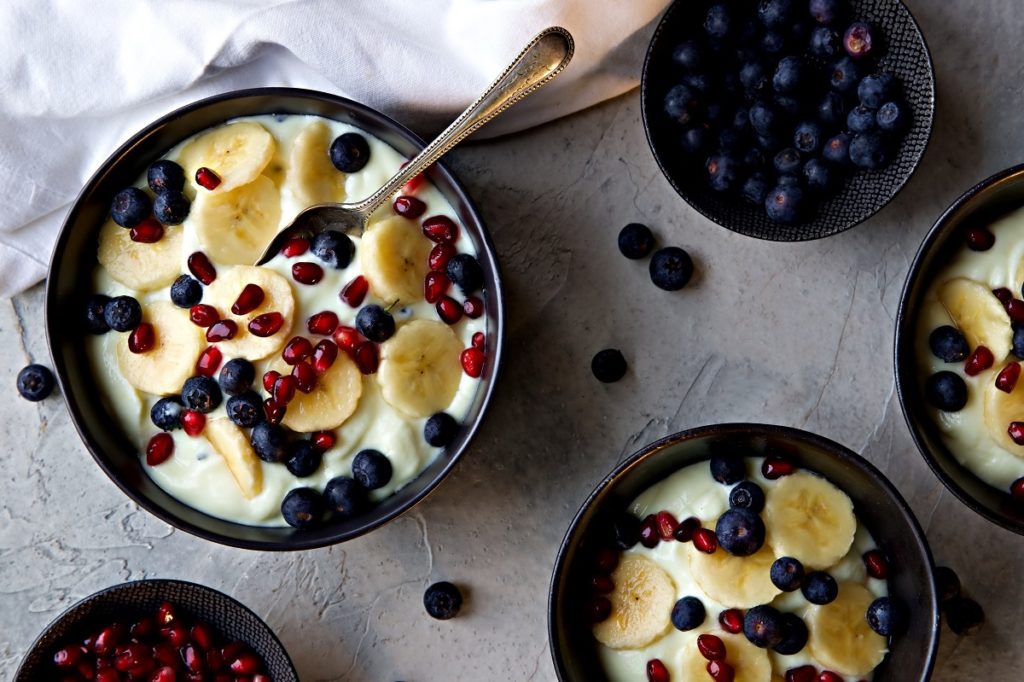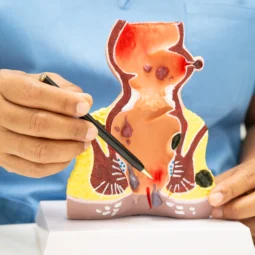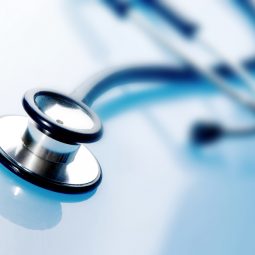
Three out of four patients who are referred to our dietitians for help with medical conditions also have mental health diagnoses — most commonly anxiety or depression. Fortunately, good food is good medicine for both physical and mental health, as a fascinating new book explains. In “This Is Your Brain on Food,” Uma Naidoo, M.D. — a psychiatrist, nutrition specialist and professional chef — explores not only how food influences the physical causes of mental health disorders, but also how it can treat them. We share some highlights below.
Food as medicine for depression
The sugary treats and junk foods that people often eat to self-medicate for depression may soothe in the moment, but ultimately, they make depression worse. That has to do with their harmful effects on the gut’s microbiome — the trillions of bacteria that live in the gut — which can influence both inflammation and neurotransmitter levels in the brain. “The key to resetting your gut microbiome is not in a pill,” the book explains, “but in what you eat.”
- Eat probiotics daily (yogurt, sauerkraut, kimchi, tempeh, kombucha and other fermented foods) to replenish beneficial bacteria.
- Eat prebiotics daily (beans, oats, bananas, berries, garlic, onions, broccoli, asparagus and other high-fiber foods) to feed your gut bacteria.
- Include healthy monounsaturated fats (olive oil, nuts, avocados) and omega-3 fatty acids (salmon, tuna).
- Avoid artificial sweeteners, which disrupt your gut microbiome and your “happy” neurotransmitters (dopamine, serotonin, noradrenaline).
- Avoid high-fructose corn syrup and sugary beverages.
- Limit high-glycemic carbs (white bread, white rice, pasta, potatoes)
- to small sides in a meal with protein.
Food as medicine for anxiety
People with anxiety tend to have fewer and less diverse gut bacteria, which can affect the amygdala, a part of the brain that’s involved with anxiety. To combat anxiety:
- Eat more pre- and probiotics.
- Avoid artificial sweeteners.
- Avoid saturated fats and fried foods.
- Limit caffeine, which overstimulates the brain’s threat response and shuts down the area that regulates anxiety.
Read more about foods that support mental health on our blog.
Mental health is influenced by our genetics, environment and experiences — and by what we eat. Eating well builds a firm foundation for mental health and can enhance other treatments, making them more effective and longer-lasting.


